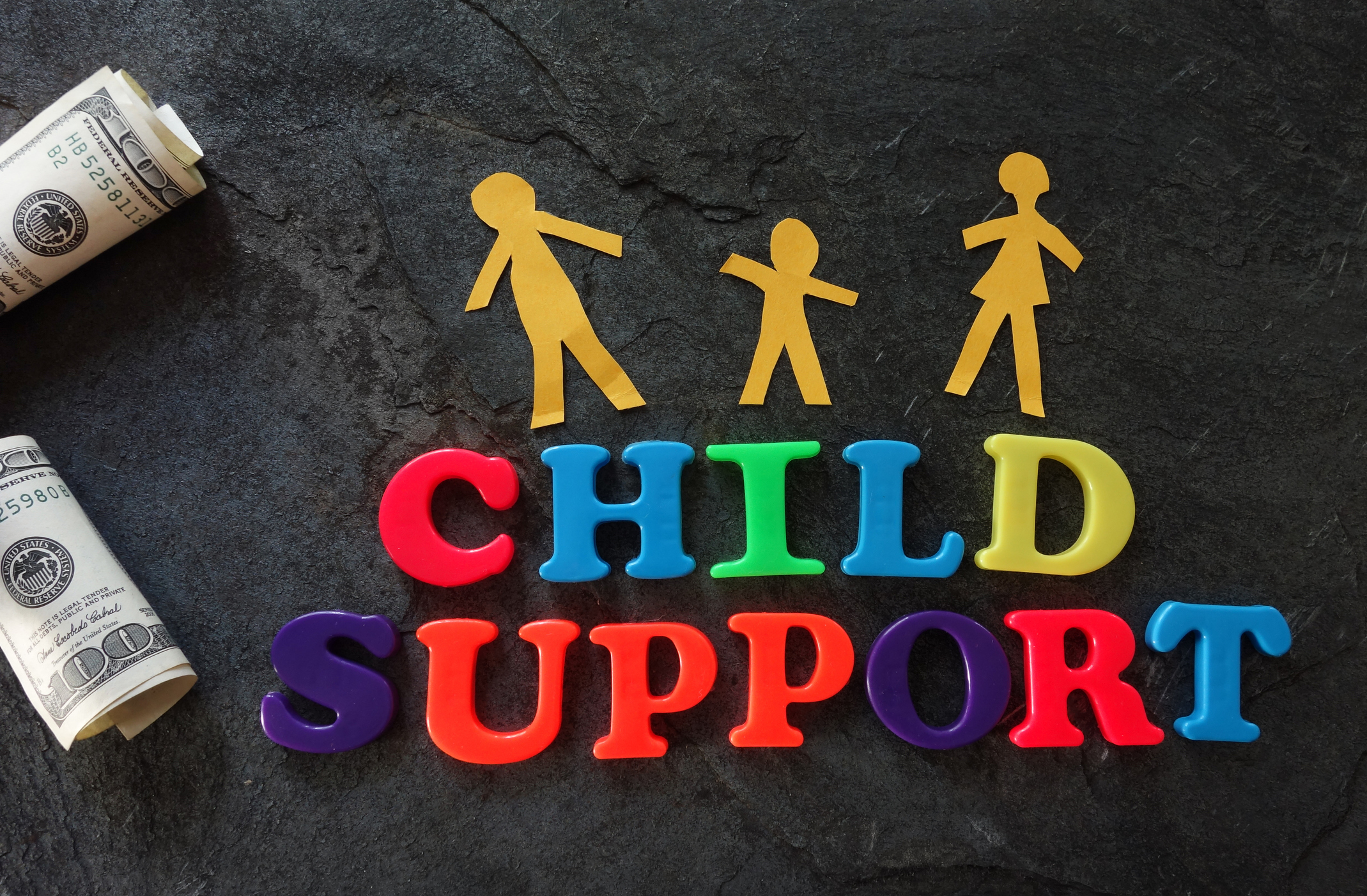
Like most good parents in New Jersey, when you divorced, your main priority was to make the situation impact your children as little as possible. You hopefully had the opportunity to discuss the changes that were about to take place, perhaps even explaining what they might expect and how they could reach out for support if they were feeling low. You’ll be glad to know children are quite resilient and adaptable by nature.
When kids have the opportunity to maintain healthy, active relationships with both parents after divorce, they fare best. That doesn’t mean your situation will be perfect, as no circumstances are. It does mean you can remain hopeful that your kids will be okay. With regard to adult issues, such as child custody and child support, you’ll want to know where to seek support for yourself as well as your children. If you run into trouble meeting your child support payments, it’s critical you understand the legal process of seeking modification.
What you shouldn’t do
Issues that negatively affect your finances can arise without warning. There’s a difference between making the mistake of spending more than you earn in a particular month and an ongoing financial crisis. The latter makes it impossible to keep up with your child support payments. It happens. The court understands this. However, the court does not take lightly to situations where parents simply stop making payments without its approval. This is something you never want to do, as it can land you in jail.
Valid reasons for modification
Getting angry with your ex or wanting to keep money to buy a high luxury item are not legitimate reasons for seeking modification of your existing child support order. A judge will want you to show proof of your need and evidence that making payments as they are is no longer possible. The court often approves modifications when there’s loss of employment, reduction of income, medical emergency or increased cost of living due to relocation. If you have remarried and are supporting step-children in your household, this may also constitute a valid need for child support modification.
Do not leave the court out of the loop
It may seem like no big deal to discuss your financial need with your co-parent, come up with a plan for adjusted payments, then implement the plan upon mutual agreement. Legally speaking, it is a big deal because you will have left the court out of the equation and no one can change a child support agreement other than the judge in charge of the case. Unless and until the court grants approval for a change, both parents must continue to adhere to the existing order.
Be proactive
It’s always best to face financial problems head-on rather than ignore them, hoping they’ll resolve themselves. Concerning child support, pretending a problem doesn’t exist can lead to serious legal trouble, especially if you make a partial payment or no payment at all. You can avoid such problems by being up front with all parties involved and reach out for support through the court system.
